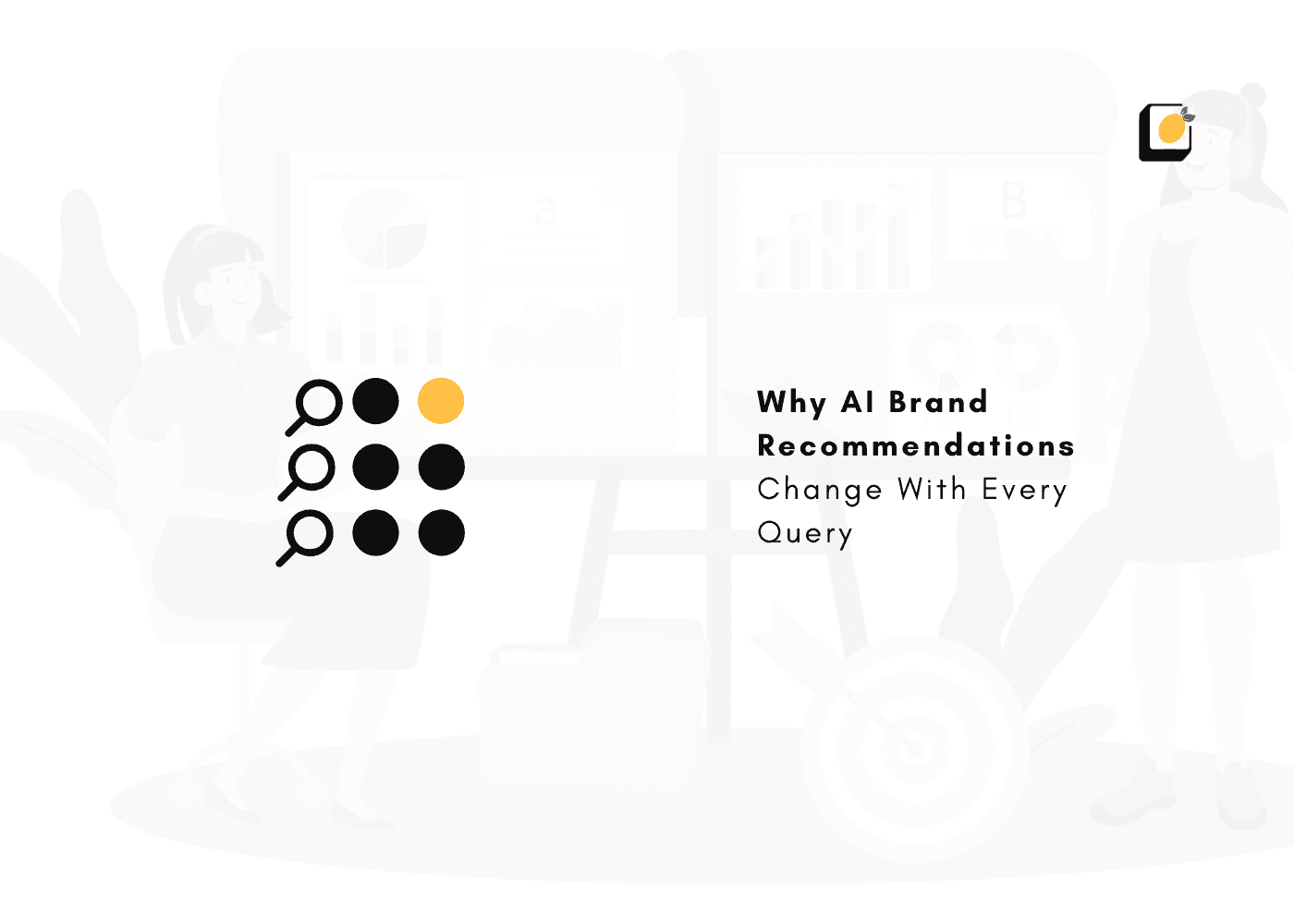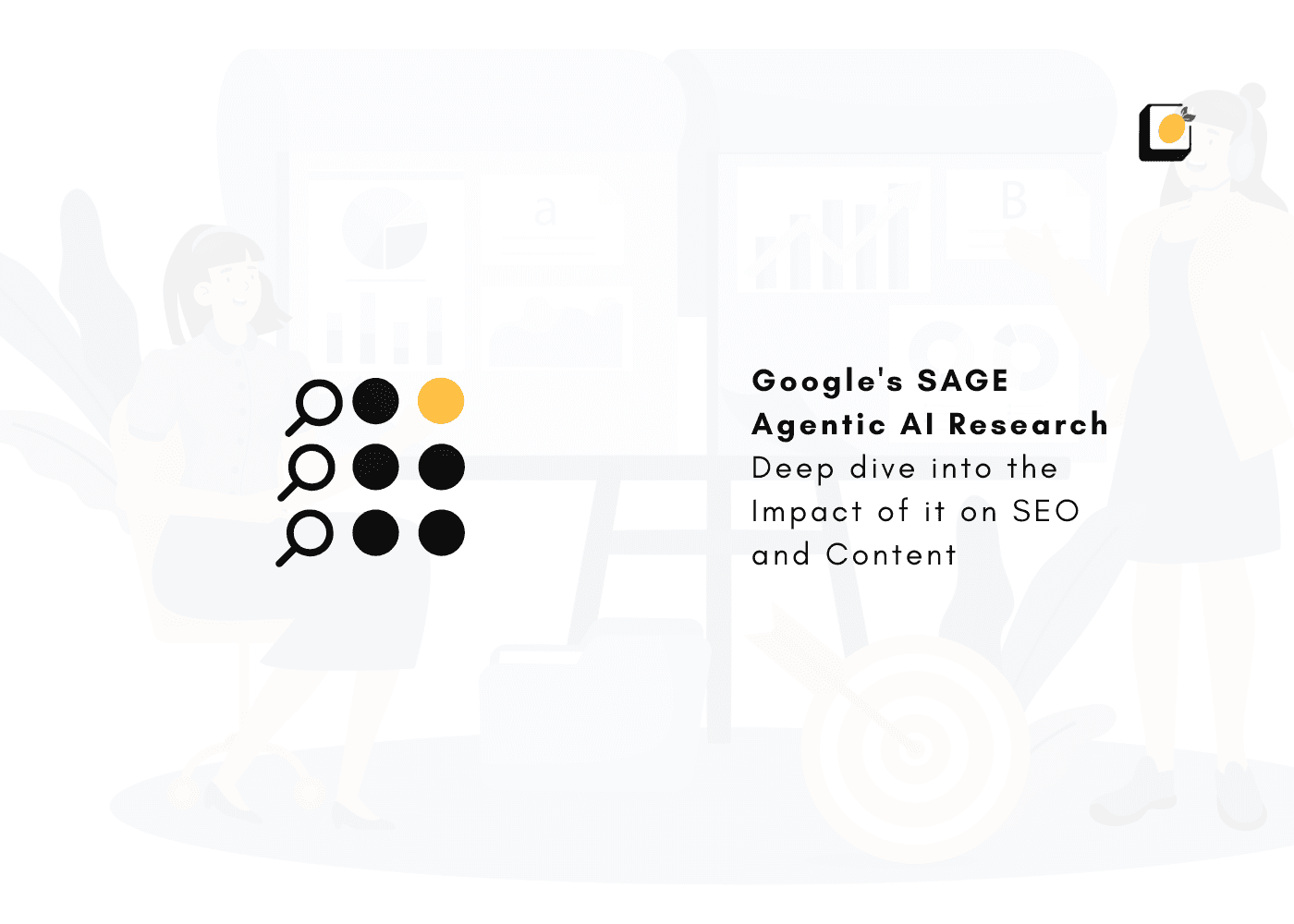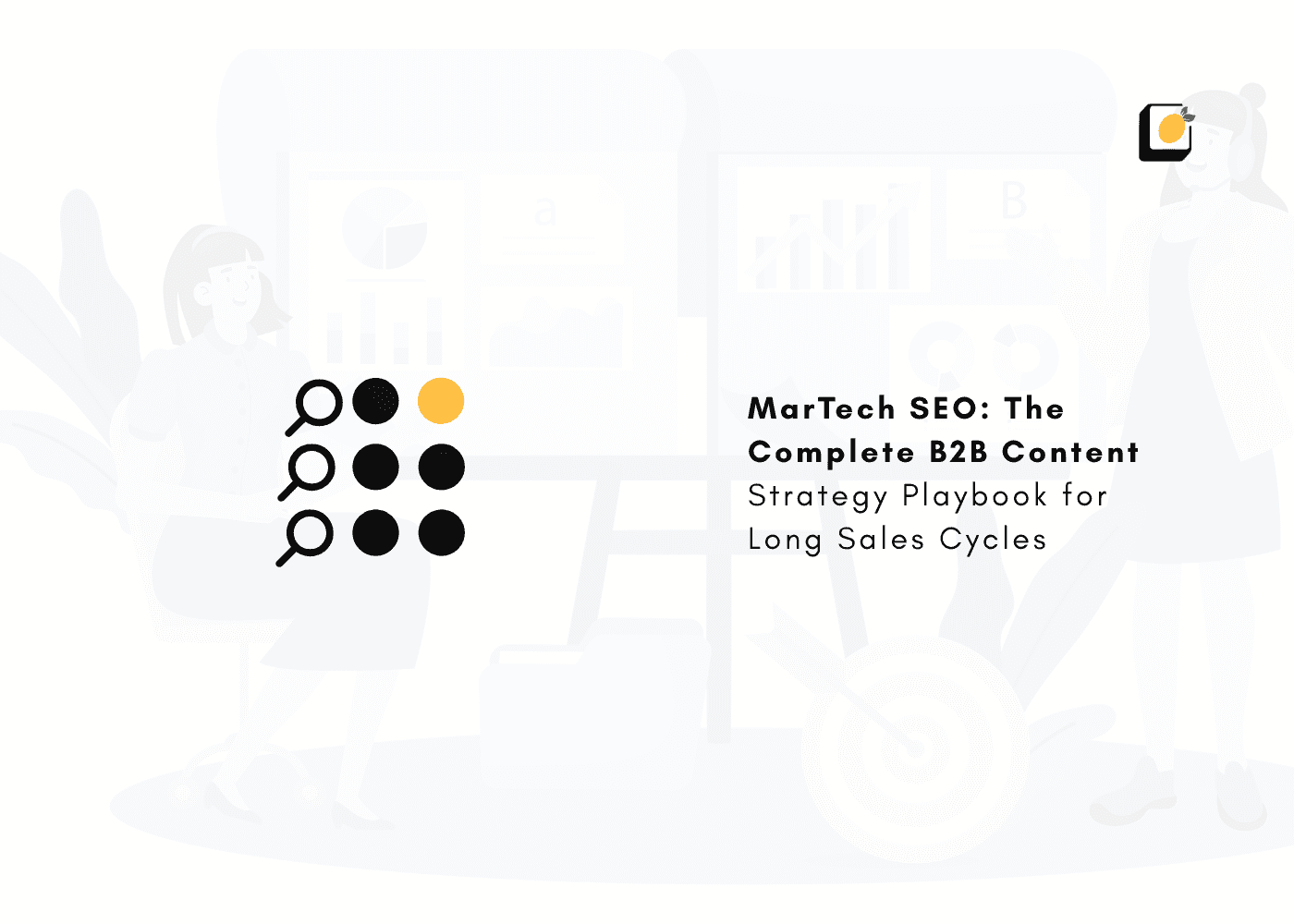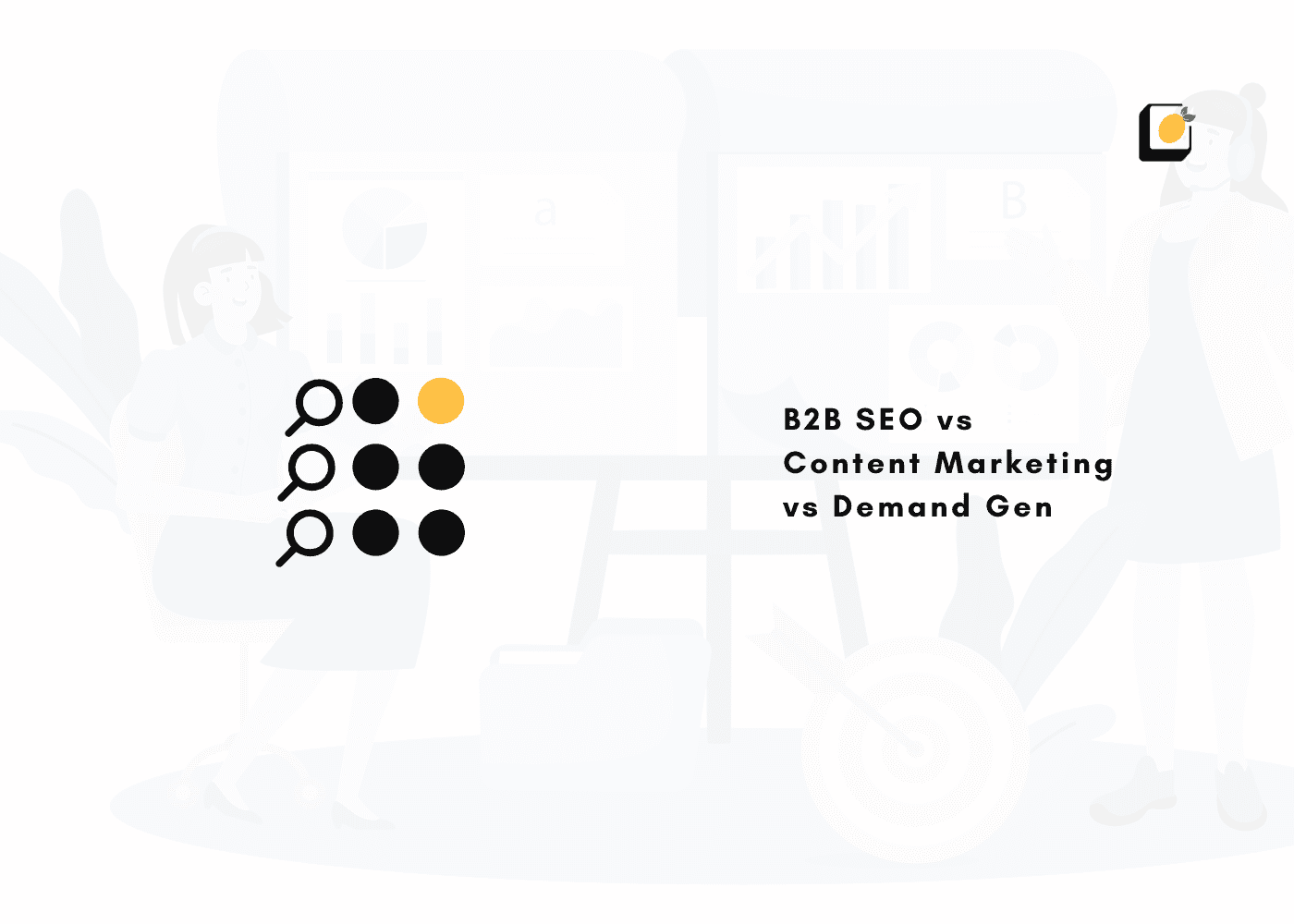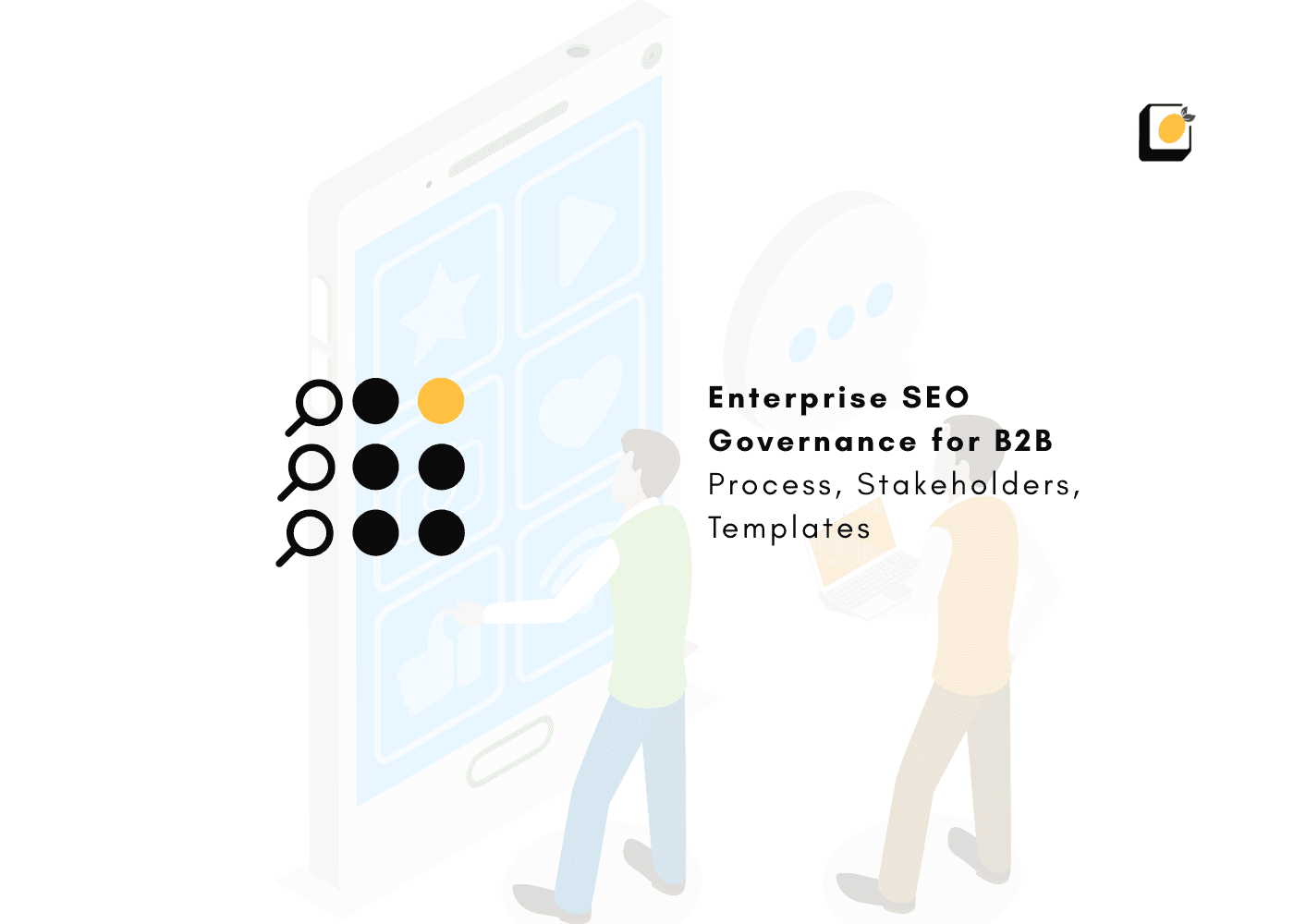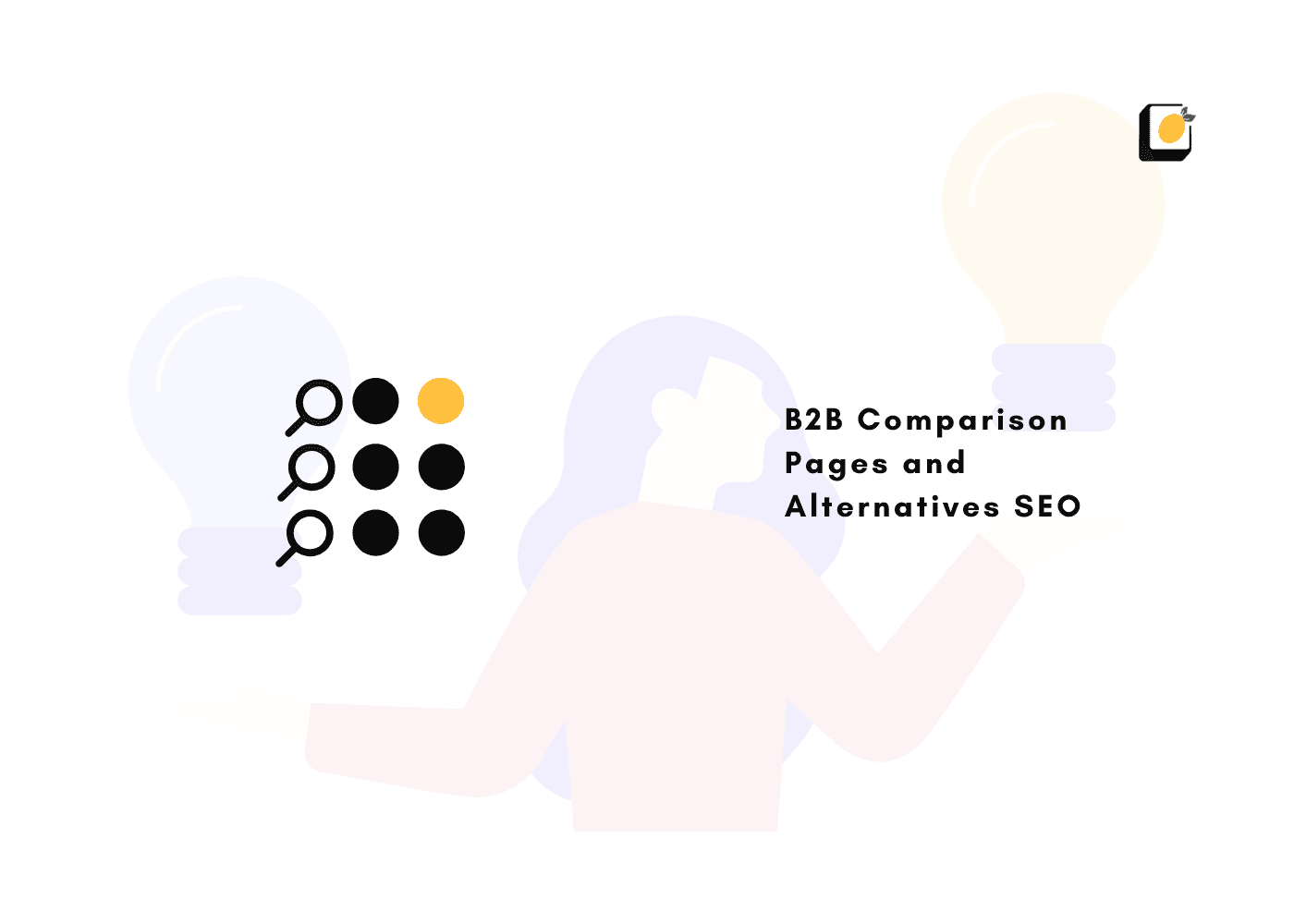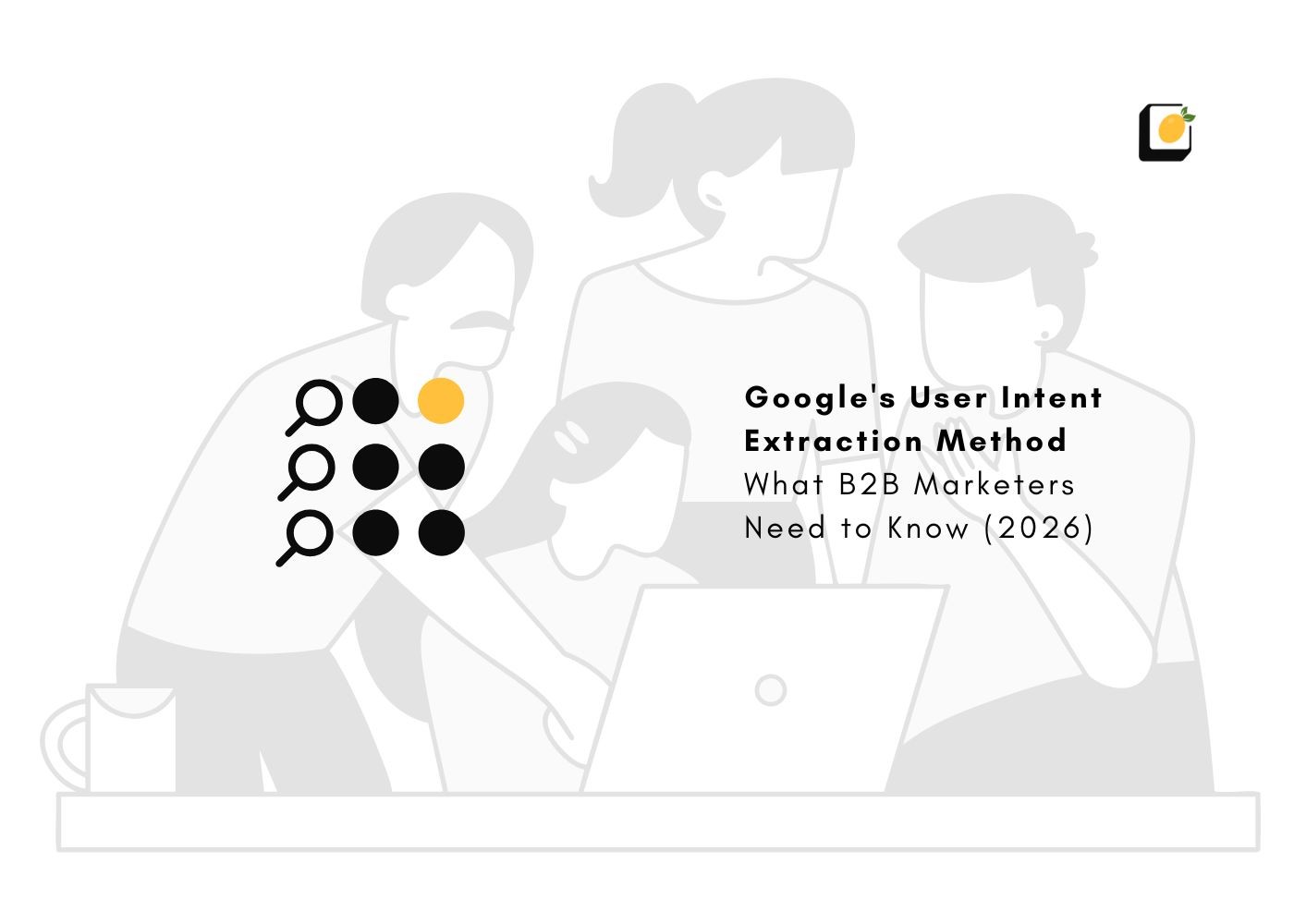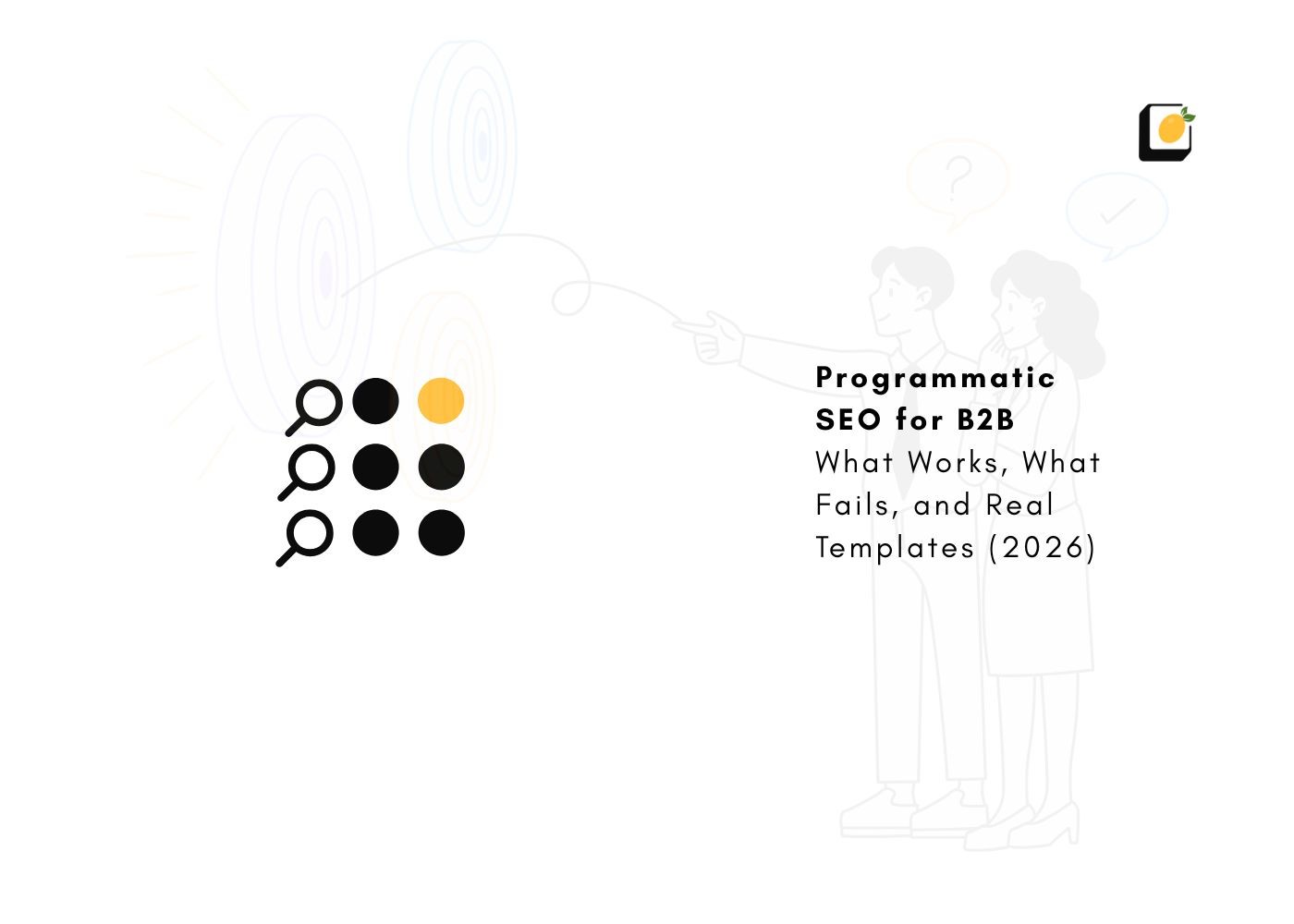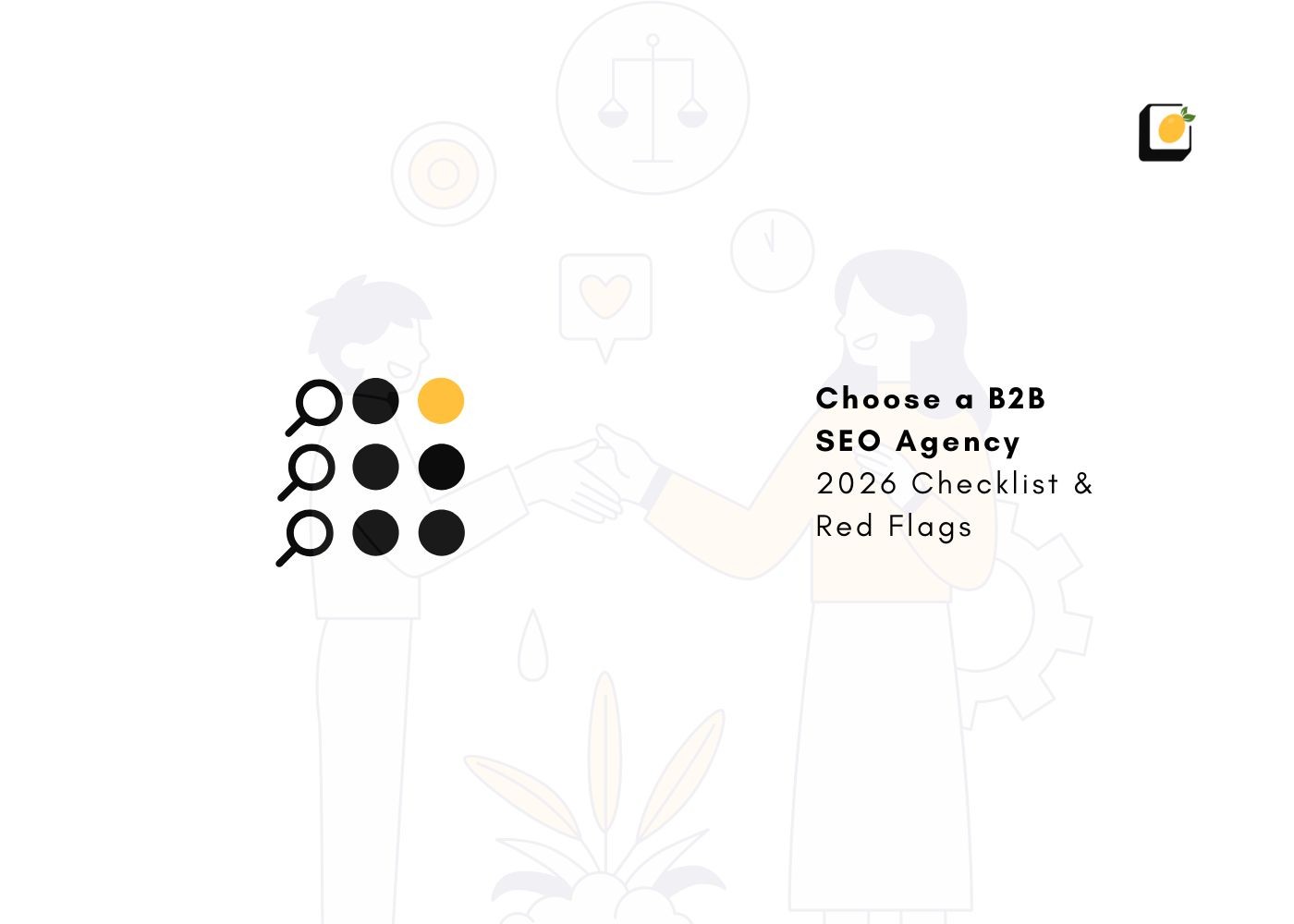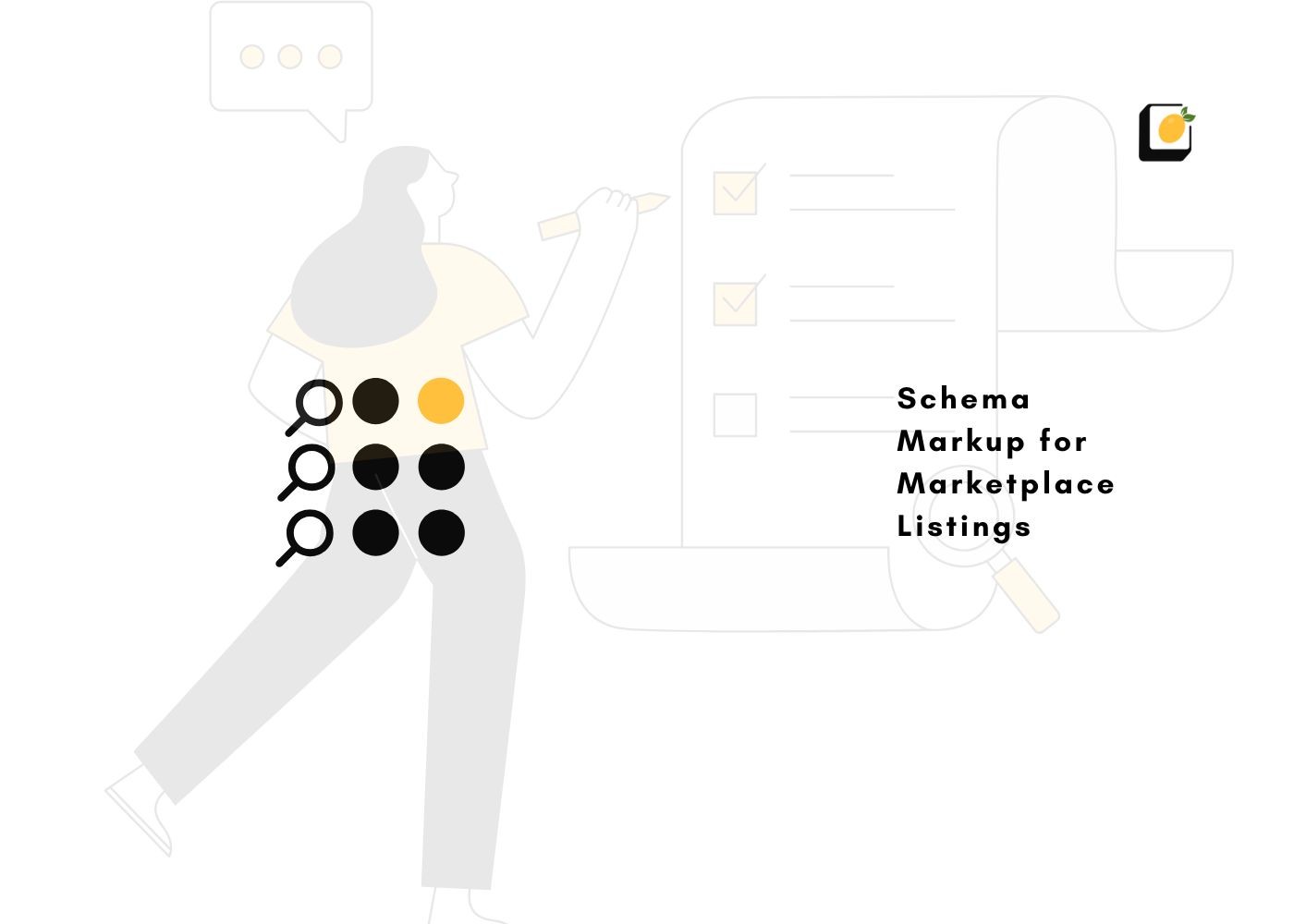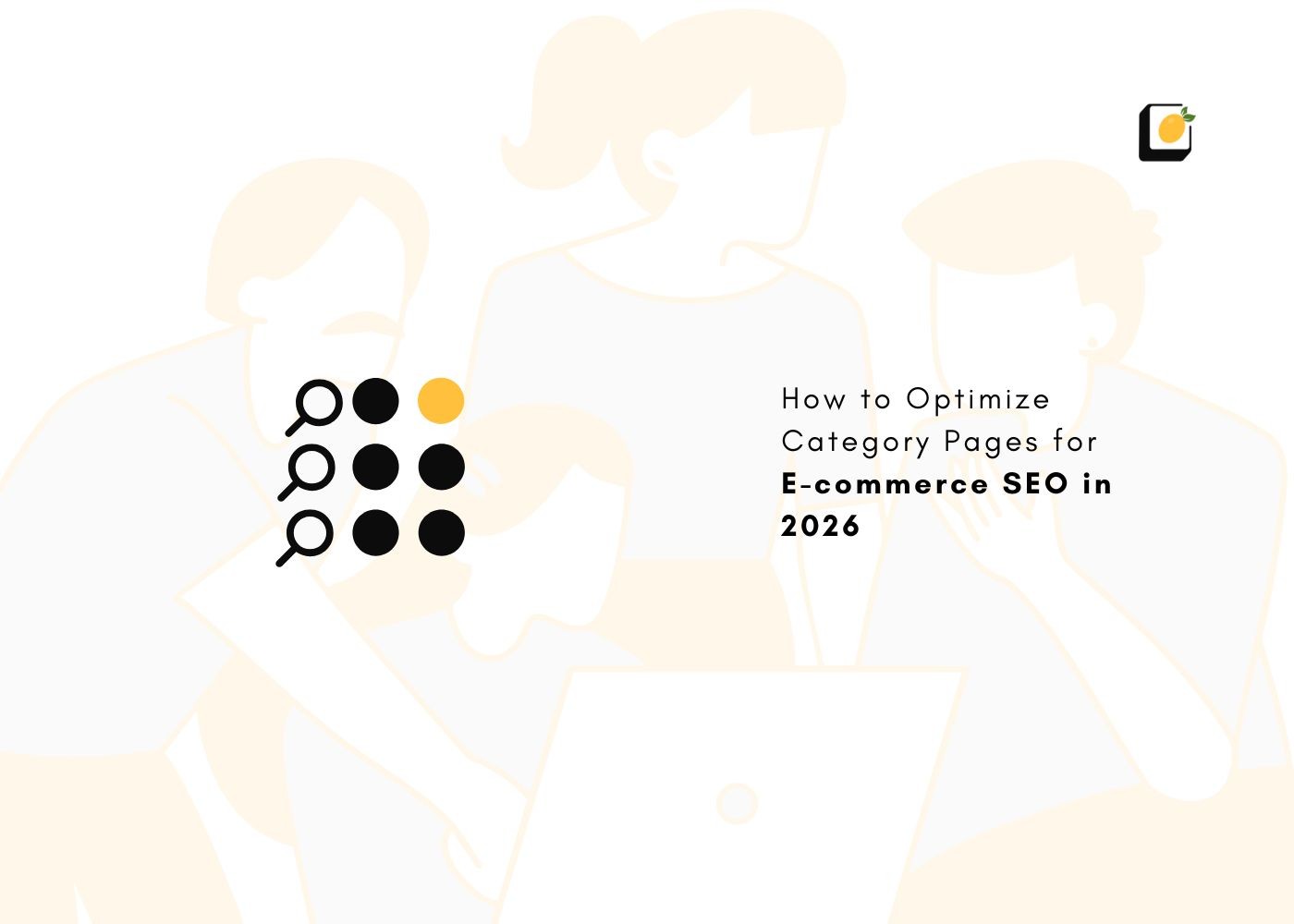SEO vs. PPC: Which Is Better?
July 12, 2025
Join 500+ brands growing with Passionfruit!
In digital marketing circles, the “SEO vs PPC” debate often sparks strong opinions, but the reality is more nuanced. PPC (pay-per-click) and SEO (search engine optimization) are two pillars of search engine marketing (SEM). PPC fuels fast results through paid ads, while SEO leverages organic ranking to drive lasting growth. Understanding the difference between SEO and PPC, their relative strengths, and weaknesses, and how to blend them effectively, empowers businesses to make smarter investments.
Our guide explores the benefits of SEO and PPC, explains SEO vs paid advertising, and offers a data-driven roadmap to answer which is better, including how Passionfruit can help you grow.
What Is SEO vs PPC?
SEO (Search Engine Optimization): Long-Term Brand Equity
SEO is about making your website show up higher in the unpaid search results. You do this by creating helpful content, improving your website’s technical health, and building your site’s reputation. If you own a bakery, SEO is what helps your “best chocolate cake recipe” page appear when someone searches for it.
Cost Model: Investment in content, tools, and labor but no direct cost per click.
Timeline: It often takes 6–12 months before seeing consistent results
Benefits: Builds authority; attracts high-intent traffic; improves trust through organic listing prominence.
PPC (Pay-Per-Click): Immediate Visibility
PPC is a way to pay for advertising space at the top of search results or on other sites. You only pay when someone clicks your ad. If you want to promote a new cupcake flavor, you might run a Google Ads campaign for “buy cupcakes online” and see your business pop up at the top immediately.
Cost Model: Pay-per-click, with higher competition for keywords driving up bid prices.
Timeline: Results in hours to days
Benefits: Instant presence at top SERP, precise targeting and control, flexible campaign adjustments.
Think of SEO as planting a tree that grows over time, while PPC is more like turning on a tap for instant water. For example, a local gym might use SEO to rank for “best gym near me” and attract steady sign-ups but use PPC to quickly fill spots in a new class with a limited-time offer.
SEO vs PPC: Comparison Table
Aspect SEO (Organic) PPC (Paid Ads) | ||
|---|---|---|
Cost structure | Invest upfront in content, tools, and time | Pay for each click may be expensive |
Timeline | Long-term (6–12 months+) | Immediate (in weeks or days) |
Scalability | Grows gradually as authority increases | Scales quickly by increasing ad spend |
Visibility control | Less control, dependent on algorithm changes | Full control over landing pages and ad copy |
Conversion insights | Slower data accumulation | High-frequency performance data |
Lifespan | Long-lasting, produces sustained traffic | Stops generating after the ad budget ends |
Why SEO Matters
SEO is a long-term play. Once your site ranks for the right keywords, you can get steady traffic without paying for every visitor. People trust organic results more than ads, so showing up in those spots can help build your brand’s reputation. Over time, SEO becomes more cost-effective than PPC, especially as your rankings improve. SEO also brings in visitors at all stages of the buying journey, not just those ready to buy right now. Organic listings don’t suffer from ad fatigue or banner blindness as quickly as paid ads.
Why PPC Matters
PPC is all about speed and control. You can get your business in front of people almost instantly, which is perfect for launches, events, or urgent offers. PPC allows you to target specific audiences by demographics, location, time of day, and more. You have full control over your budget, and you can pause or change campaigns at any time. PPC makes it easy to measure exactly how many people see, click, and convert from your ads. You can bid for top placement on competitive keywords that might be too tough to rank organically. PPC is also great for remarketing, letting you show ads to people who visited your site but didn’t buy.
SEO vs Paid Advertising: When to Use Each?
Use PPC When You Need Speed
New product launches, seasonal sales, or events with limited availability.
Need immediate traffic and test messaging.
Sufficient ad budget available.
Use SEO for Sustainable Growth
You want to build brand authority and long-term traffic flow.
Less budget flexibility, but the ability to invest in content and optimization.
Willing to wait 6+ months for results.
Combine Both for Competitive Markets
When budgets allow, deploy PPC for quick wins and insight, while investing in SEO to build a moat for your brand.
SEO vs PPC: Which Is Better?
Here’s the takeaway on SEO vs PPC which is better
Short-term goals or limited-time campaigns → Go with PPC.
Long-term brand visibility and durability → Invest in SEO.
Both strategies together → Give you data synergy, improved CRO, and greater SERP dominance.
Blending SEO and PPC for the Best Results
Combining SEO and PPC often delivers the strongest results. Showing up in both paid and organic results helps your brand stand out and get more clicks. Data from PPC campaigns can reveal which keywords convert best, helping you fine-tune your SEO strategy, and vice versa. PPC lets you test new offers, landing pages, and messages quickly. If something works, you can invest in SEO for long-term gains. Having a presence in both areas covers all stages of the customer journey, from research to purchase. As your SEO improves, you can cut back on PPC spending for keywords where you now rank well, saving money while keeping your visibility high. Combining both strategies helps you outshine competitors who only focus on one channel.
A home care brand that used both SEO and PPC saw a 30% jump in organic traffic, 25% more paid clicks, and a 20% increase in profits, all while spending less on ads.
What Can Get in the Way
SEO Roadblocks
Results don’t happen overnight. It can take months to see a real impact. You need to keep updating your site and content to stay ahead of competitors and search engine changes. In crowded markets, getting to the top of search results can be tough and require a lot of effort.
PPC Roadblocks
Costs can add up quickly, especially for competitive keywords. Traffic stops as soon as you pause your ads. You need to keep an eye on campaigns and make adjustments to get the best return on investment.
How Passionfruit Can Help
Every business is unique. Passionfruit doesn’t force you to pick between SEO and PPC. Instead, we build a strategy that uses both to your advantage. Our team will help you grow your long-term visibility and authority with proven SEO techniques. We’ll drive targeted traffic and sales with smart, efficient PPC campaigns. We share insights between SEO and PPC to keep improving your results. You get clear, honest reporting so you always know what’s working.
Ready to grow your business? Reach out to Passionfruit, your one-stop growth engine to help you achieve your goals.
Final Thoughts
The SEO vs PPC question isn’t about declaring one superior but recognizing how to exploit their complementary strengths. Use PPC for visibility and fast lead capture; invest in SEO for sustainable growth and brand authority. Together, they:
Provide richer keyword insights.
Maximize SERP real estate.
Boost conversion optimization.
Lower customer acquisition costs over time.
Key Takeaways
→ SEO is a long-term strategy that builds trust and brings in steady, free traffic over time.
→ PPC delivers instant results and lets you target exactly who you want, but requires ongoing spending.
→ Most people trust organic results more than ads, which can lead to better engagement and conversions.
→ Using both SEO and PPC together helps you reach more people and make smarter marketing decisions.
→ Your choice depends on your goals, budget, and how quickly you need results.
→ Reviewing your data regularly helps you get the most from both channels.
FAQ
Should a new website start with SEO or PPC?
For brand-new sites, PPC often makes sense for quick traffic and visibility, since SEO takes time to build up. Starting SEO early is important for long-term growth. Many businesses use PPC for short-term wins while laying the groundwork with SEO.
Which is more affordable in the long run, SEO or PPC?
SEO usually costs less over time because you aren’t paying for each visitor. PPC can get expensive, especially in competitive markets, but it can be worth it if managed well and targeted carefully.
Can SEO and PPC work together?
Running both lets you cover all your bases, from testing new ideas quickly with PPC to building lasting authority with SEO. Insights from one can help improve the other, making your marketing more effective overall.
What are the risks of using only PPC?
Relying just on PPC means your traffic disappears when you stop paying. Costs can rise quickly, and you may become too dependent on ads for leads and sales.
What are the risks of using only SEO?
SEO takes time to show results and can be affected by search engine updates. In tough markets, you might struggle to rank without a lot of effort, and you could miss out on quick wins that PPC offers.
How do I decide which is right for my business?
Think about your goals, budget, and how quickly you need results. If you need immediate sales, PPC is a good choice. For building a strong, trusted brand over time, SEO is essential. Most businesses get the best results by using both and adjusting as they grow.


